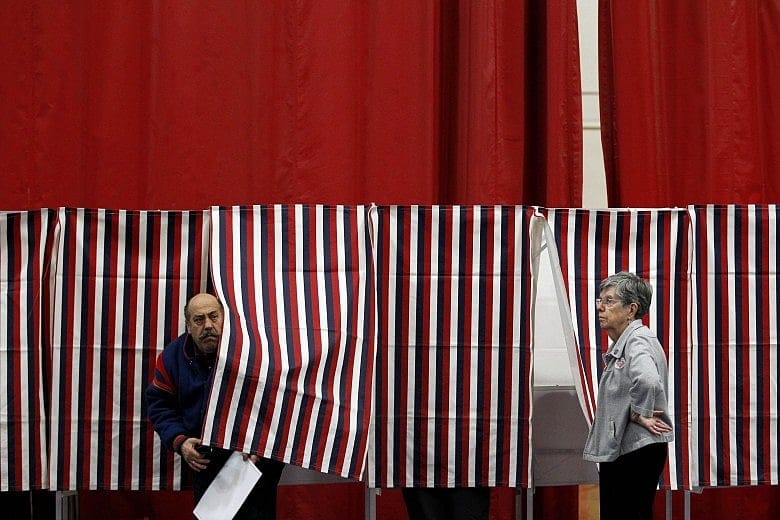From pot to slots, mix of issues raised in ballot questions

The four questions on the Massachusetts state ballot this year address the legalization of marijuana, the opening of a slots parlor, an increase in the number of public charter schools, and current state law regarding the treatment of certain farm animals.
Question 4, which would legalize marijuana, is probably the one that has garnered the most public attention. Massachusetts is one of nine states that have a marijuana measure on the ballot. Eight other states are eyeing either legalizing recreational or medical marijuana—or otherwise loosening exiting regulations, according to the Associated Press. Those states are: Arkansas, Arizona, California, Florida, Maine, Montana, Nevada, and North Dakota.

